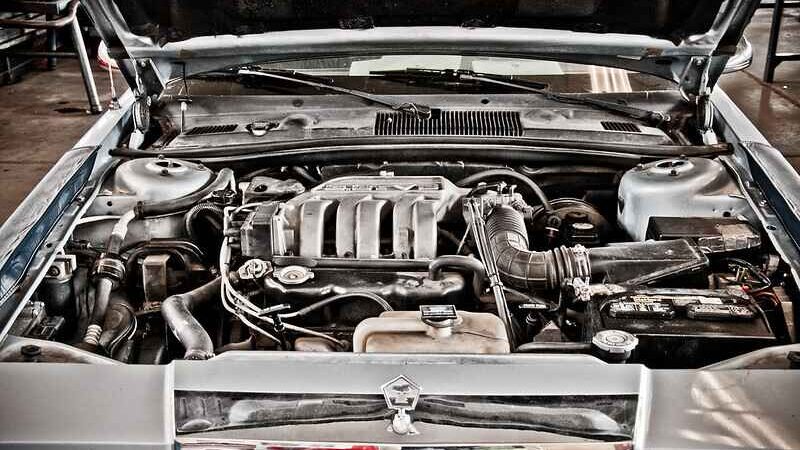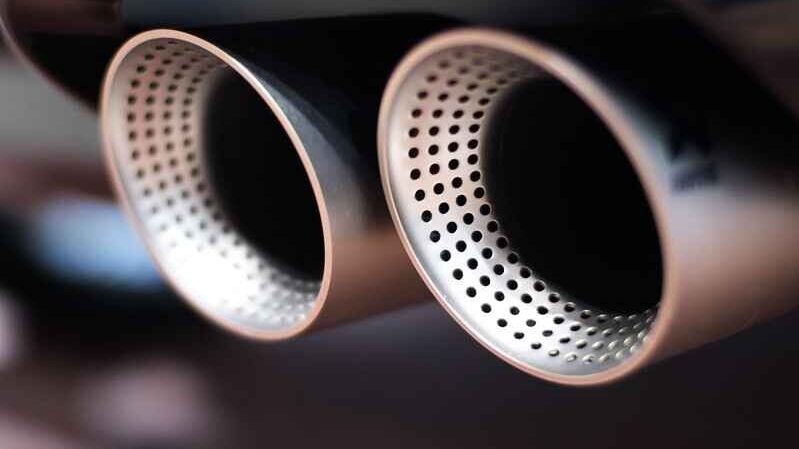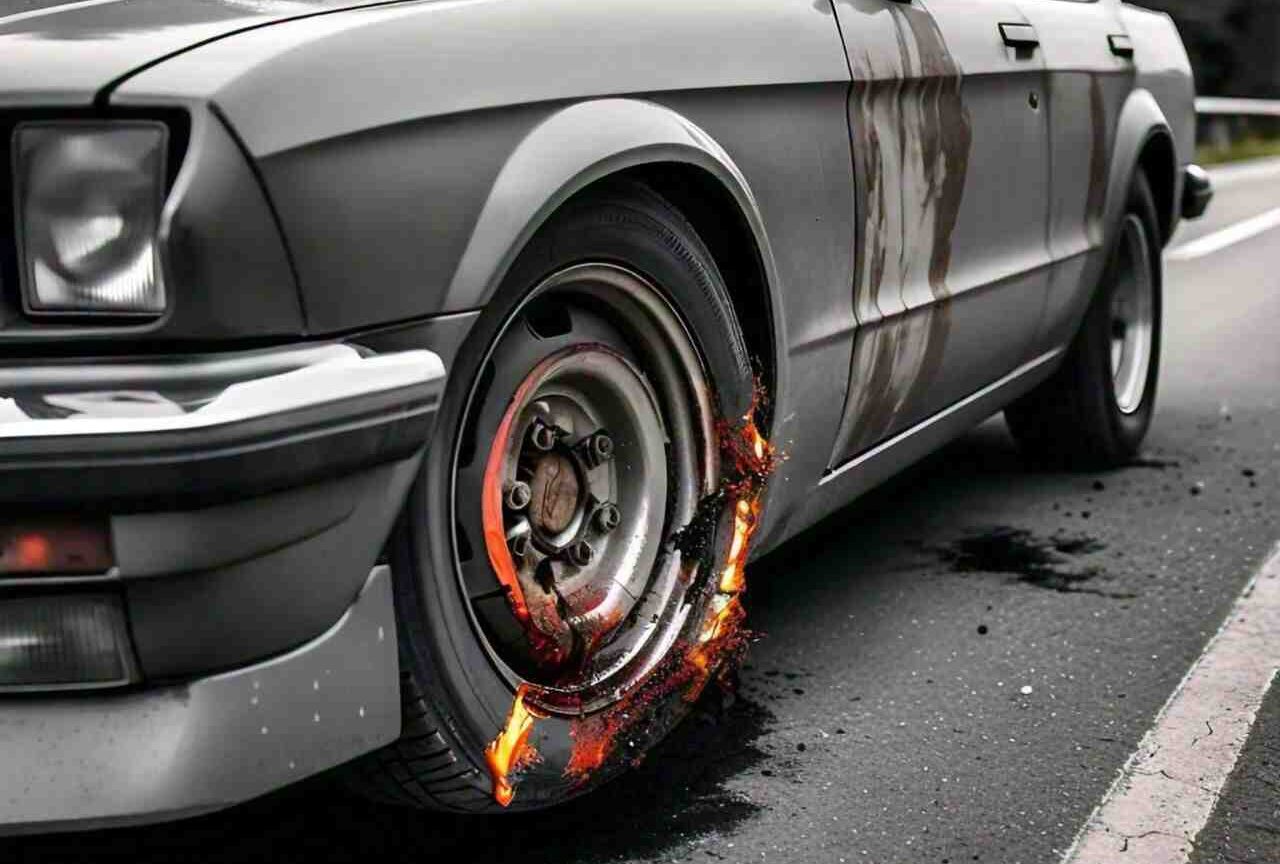Have you ever felt that my car is shaking when i accelerate? It’s not just annoying—it could signal something wrong with your vehicle. From minor tire imbalances to more serious problems like a damaged transmission, there are many possible reasons your car shakes during acceleration. Don’t worry, Let me help you find a solution!
Let me share a quick personal story. A few months ago, I experienced the same issue with my car shaking when I accelerated. At first, I thought it was nothing serious and just ignored it. But as the shaking got worse, I decided to take it to a mechanic. It turned out to be a combination of an imbalanced tire and worn-out spark plugs. After having the tires rebalanced and the spark plugs replaced, the shaking completely stopped. This experience taught me the importance of not ignoring these little signs because they often point to something that can be easily fixed before it turns into a bigger problem. So, if your car is shaking like mine was, it’s best to get it checked out sooner rather than later!.
Common Reasons for Car Shaking

When your car shakes while accelerating, there’s usually something out of sync under the hood or with your wheels. Let’s explore some of the most common culprits behind this vibration.
Tire Issues
Tires play a significant role in the smoothness of your ride. When they aren’t balanced or are worn out, shaking can occur.
Tire Imbalance
Tires that are not balanced are one of the top causes of car shaking when you accelerate. When tires aren’t balanced properly, they can wobble at higher speeds, which makes your car vibrate. This can become more pronounced when you accelerate quickly, as the uneven weight distribution causes instability.
Worn or Damaged Tires
Old, worn-out tires can also cause your car to shake. If the tread is uneven or the tires are damaged, they can’t make proper contact with the road, causing vibration, especially when accelerating.
Brake Problems
While you might think brakes are only a concern when you’re slowing down, certain brake issues can cause your car to shake even when you accelerate.
Warped Brake Rotors
If you have warped brake rotors, you’ll often feel a pulsation or shake when you apply the brakes, but it can also affect acceleration. This happens because the uneven rotor surface interferes with the brake caliper, creating a vibration that can extend to other parts of the car.
Brake Caliper Sticking
A sticking brake caliper can drag slightly while you’re accelerating, causing your car to vibrate or shake. It’s less common but still a possible reason behind the shaking sensation.
Transmission-Related Issues

The transmission bridges the engine and wheels, enabling smooth acceleration. If there are problems with your car’s transmission, it can cause the vehicle to shake, especially when you’re trying to speed up.
Problems with Your Car’s Transmission
A malfunctioning transmission can cause hesitation or shaking when shifting gears. The transmission could be slipping, or you might have low transmission fluid, which impacts its ability to change gears smoothly.
Engine Issues

Your engine is the heart of your car, so if something’s wrong with it, you’ll definitely notice.
Worn-Out Spark Plugs
Believe it or not, a worn-out spark plug can be a major cause of car shaking. Spark plugs play a vital role in combustion, igniting the engine’s air-fuel blend. If they’re worn or dirty, they won’t fire correctly, leading to engine misfires, rough idling, and shaking when you accelerate.
CV Joint and Axle Problems
A damaged or failing CV (constant velocity) joint or axle can cause serious shaking in your vehicle, especially when you press the gas pedal.
Inner CV Joint is Damaged or Begins to Fail
If the The inner CV joint shows signs of wear and tear or has failed, you’ll likely feel vibrations while accelerating, particularly when turning or driving at higher speeds. These joints are crucial in maintaining smooth wheel rotation, and when they go bad, shaking is inevitable.
Axle Damage and Vibration
Any damage to your car’s axle can result in severe shaking, especially when accelerating. If your axle is bent from an accident or wear, it will wobble as the wheels turn, which translates to vibrations throughout the vehicle.
Wheel Alignment and Suspension Issues

If your wheels aren’t properly aligned or your suspension system is faulty, you may experience a bumpy, vibrating ride when accelerating.
Misaligned Wheels
When your wheels are out of alignment, your car struggles to maintain straight travel, which can cause shaking or pulling to one side, especially as you accelerate.
Suspension Problems
The suspension system is designed to absorb shock and provide a smooth ride. If it’s compromised, you might feel more vibrations than usual, particularly when accelerating over bumps or uneven roads.
Exhaust System Problems

A loose or damaged exhaust system can also cause your car to shake.
Loose Exhaust Components Causing Vibration
When exhaust pipes or components are loose, they can vibrate or rattle, especially when accelerating. This is not as common as some of the other issues, but it’s definitely worth checking out if you’ve ruled out other causes.
How to Diagnose Car Shaking
Now that we’ve covered the possible reasons, it’s time to figure out which one is causing your car to shake. Here’s how to diagnose the problem:
Checking the Tires
Look for any visible signs of damage or uneven wear. A quick tire balance check might be all you need to solve the issue.
Inspecting the Brakes
Have your brake rotors and calipers inspected for warping or sticking.
Transmission and Engine Checks
Ensure your transmission fluid is topped up and the spark plugs are in good shape. If you’re still unsure, a mechanic can run diagnostics to check for deeper issues.
Similar: Why Does My Car Shake When I Brake?
How to Fix Car Shaking
Rebalancing the Tires
If tire imbalance is the issue, rebalancing the tires should fix the problem quickly and restore a smooth ride.
Replacing Warped Brake Rotors
Replacing warped brake rotors is necessary to stop the vibrations caused by uneven rotor surfaces.
Fixing Transmission Problems
Transmission problems may require a fluid change or repair to correct issue which is my car is shaking when i accelerate.
Repairing or Replacing CV Joints
If a CV joint is damaged, repairing or replacing it will solve the shaking and keep your car running smoothly.
Preventing Future Car Shakes
Prevention is always better than cure. Regular vehicle maintenance can help you avoid many of the issues we’ve discussed.
Regular Maintenance Checks
Get regular inspections of your car’s tires, brakes, and suspension to catch potential problems early.
Proper Tire Care
Rotate and balance your tires regularly to prevent uneven wear and ensure a smooth ride.
Timely Engine and Transmission Service
Keeping up with engine and transmission service will reduce the risk of problems that cause shaking when you accelerate.
When to Seek Professional Help
If you’ve gone through all the troubleshooting steps and your car is still shaking, it’s time to call in the professionals. A qualified mechanic can perform a thorough inspection and diagnose any underlying issues that you may have missed.
Related: How Much Does It Cost to Wrap a Car?
Conclusion
My car is shaking when i accelerate, it’s your vehicle’s way of telling you that something is off. From simple issues like tire imbalances to more serious concerns like transmission problems, there are several possible causes. Fortunately, many of these problems can be fixed with routine maintenance and timely repairs. Don’t ignore the vibrations—address the issue early to avoid bigger, more costly repairs down the road.
FAQs
How do you fix a car that shakes when accelerating?
To fix a car that shakes when accelerating, you need to identify the cause first. Common solutions include rebalancing tires, replacing worn-out spark plugs, fixing warped brake rotors, or repairing a damaged CV joint.
Should I be worried if my car is shaking?
Yes, you should be concerned if your car is shaking. It often indicates underlying issues like tire imbalance, engine misfires, or transmission problems, which could lead to bigger repairs if not addressed promptly.
Why does my car shakes when I press the gas?
Your car may shake when you press the gas due to imbalanced tires, worn spark plugs, transmission issues, or a damaged CV joint. It’s essential to have it checked by a mechanic to prevent further damage.
Why does a damaged CV joint cause vibrations when I accelerate?
The CV joint helps rotate the wheels. When it’s damaged, it can’t perform this function smoothly, causing shaking when you accelerate.
How much does it cost to fix car shaking issues?
The cost varies depending on the cause, but basic fixes like tire rebalancing or spark plug replacement are relatively inexpensive compared to more complex repairs like fixing the transmission.
